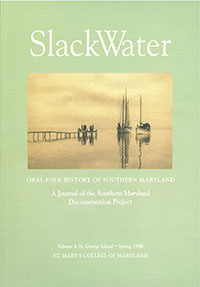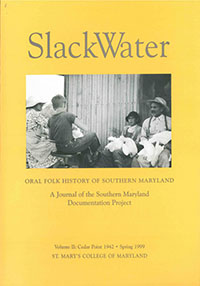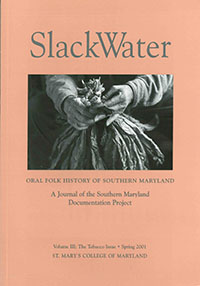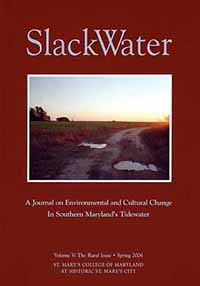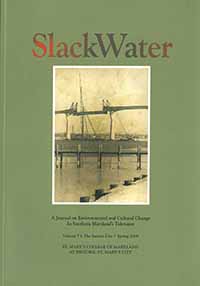On Higher Education
I consider education as the most important of all public problems. For sound progress in any community, [the community] must first develop to the fullest extent the minds of its children.
- J. Frank Raley, Jr., 26 April 1962.
In 1962, J. Frank Raley, Jr. was elected to represent the 29th district of Maryland in the Maryland Senate, a win that was regarded as a turning point in southern Maryland politics. Although a native St. Mary's countian, Raley was not a member of the "Leonardtown machine," and his election revealed the growing power of his base in Lexington Park.
Although Raley had grown up with a father supportive of slot machine gambling, privately, Raley
believed slot machines stymied growth in the region. However, he also
knew that publicly picking sides in the slot machine debate during his campaign
would be gravely divisive and likely lead to his defeat. Though he was able to maintain neutrality through
election day, this would not last during his first (and only) term in the
Maryland Senate. At the urge of Governor J. Millard Tawes, Raley supported statewide
gambling legislation—a decision that cost Raley re-election in 1966. In closed-door meetings, Raley brokered a deal to increase educational and
infrastructural funding for his district in exchange for not impeding a
controversial high-stakes bill aimed at eliminating slot machine gambling
throughout the state.
The slots bill made it through the General Assembly—though not without
contest—and Governor Tawes delivered on his promise. A year after the
anti-slots bill became law, St. Mary’s College of Maryland received nearly $6
million in appropriations to transition the former high school and junior
college into a four-year liberal arts institution.
Unfortunately, Senator Raley’s success came at considerable cost to his political career. Constituents saw Raley’s support of anti-slot legislation only after his election as misleading and were enraged to see slots (and the $7million in revenue they generated) eliminated from St. Mary’s County for good. This political suicide didn’t seem to bother the late senator, who was often described by his peers as a tireless advocate for Southern Maryland, but an awful politician.
However, the Southern Maryland slot empire was defined by cooked bookkeeping. Being an all cash business, profits were easily hidden from government officials and therefore largely untaxed. This underreporting worked well for slot machine owners—who were able to pocket their untaxed profits—but came at the expense of the public services that were dependent on tax revenues.

